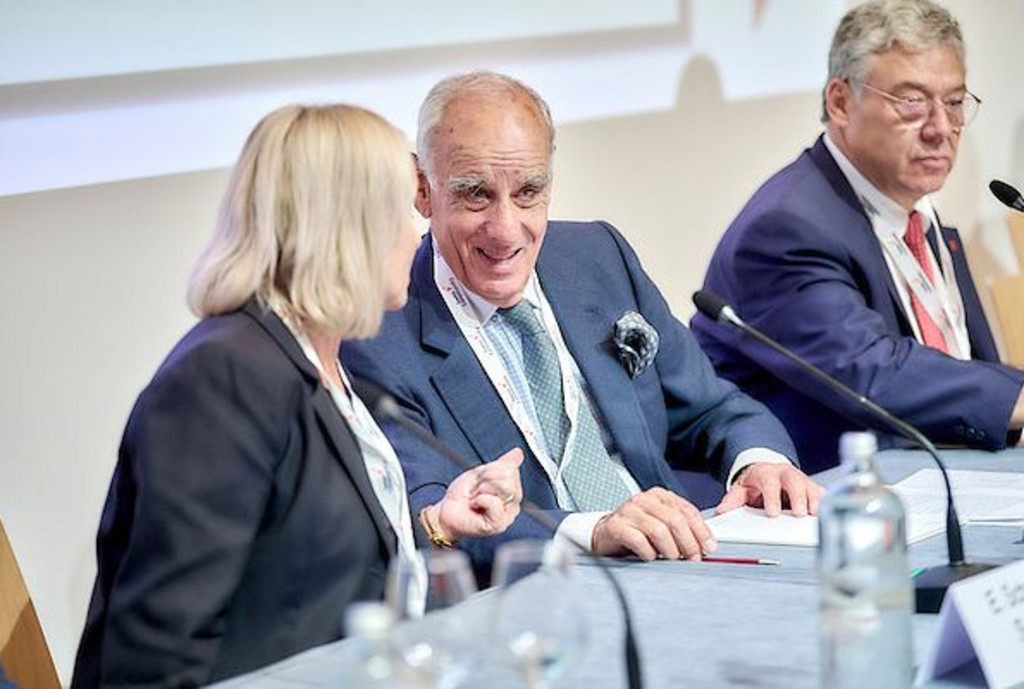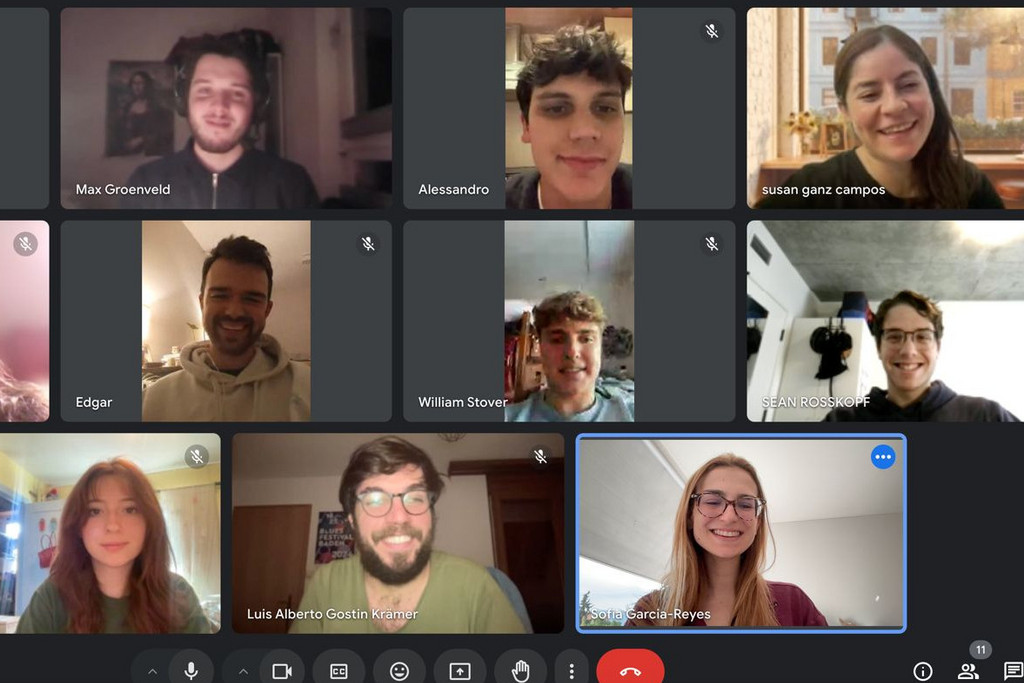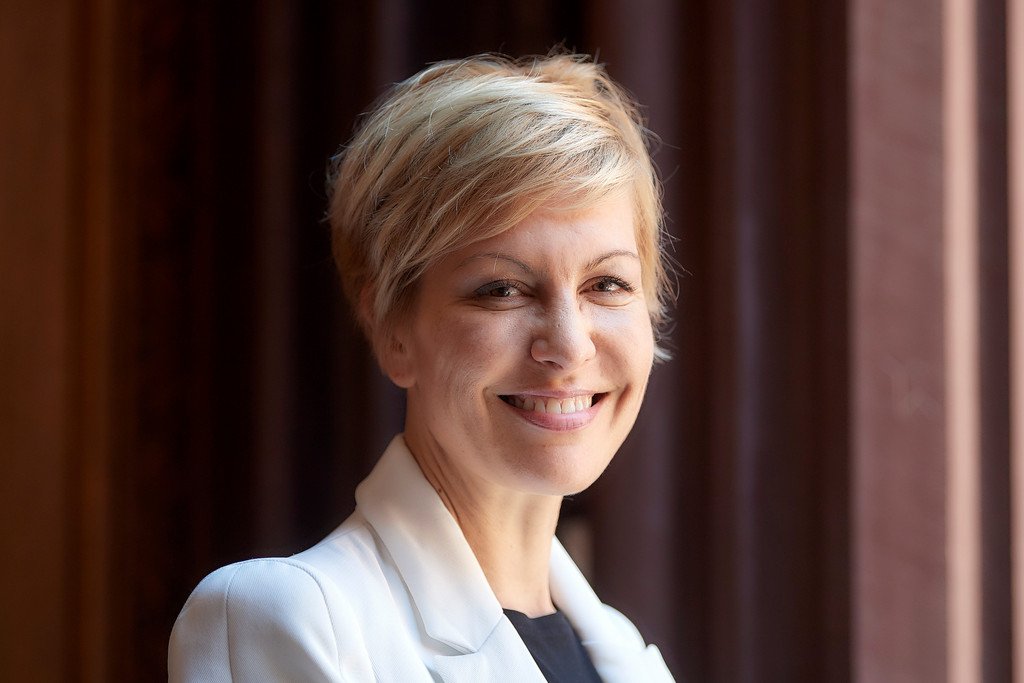
- SwissCommunity
A congress dedicated to the “future of democracy”
07.10.2022 – MARC LETTAU
The future of Swiss democracy requires the involvement of young people – including young people from the “Fifth Switzerland”. This was one of the central messages at the Congress of the Swiss Abroad 2022 in Lugano.
After the long break imposed by the Covid-19 pandemic, the 98th Congress of the Swiss Abroad on 20 August once again brought together representatives of the “Fifth Switzerland”. It was a chance for making direct contacts, having face-to-face encounters, and finding collaborative solutions – with a focus on “the future of democracy”. “Today we experienced in real ‘real time’ what democracy means, i.e. exchanging views and healthy debating regardless of differences of opinion, whether you live in Switzerland or abroad, or even whether you are Swiss or not,” was how Ariane Rustichelli, Director of the Organisation of the Swiss Abroad (OSA), summed up her personal congress experience in Lugano.
Debates and workshops were held beforehand to further elaborate several core statements relating to the congress theme. The importance of political participation was a central focus. OSA President Filippo Lombardi: “In order for our unique democracy to endure and evolve, we also need the youth from the ‘Fifth Switzerland’ to get involved and actively shape our democracy.” At the congress, members of the Youth Parliament of the Swiss Abroad (YPSA) advocated in favour of lowering the voting age to 16. Rustichelli believes that this request should be met with openness and trust.
It’s back: the perennial issue of e-voting
The right to vote and stand for election is central to political participation. In Lugano, the approximately 400 congress participants from 40 countries reiterated that it should no longer be made difficult or impossible for them to exercise their political rights as granted by Switzerland. Electronic voting is also unlikely to be possible in the 2023 federal elections, meaning that many Swiss Abroad will effectively be excluded from voting. In a differentiated analysis at the congress, correlations were drawn between the situation of Swiss living abroad and that of foreigners living in Switzerland. One quarter of those living permanently in Switzerland are also excluded from political participation.
This poses “a risk” and “a problem for democracy”, according to historian Kijan Espahangizi, because it is precisely the Swiss Abroad who understand that “multiple affiliation” is not synonymous with a “conflict of loyalties”. He believes that participating in political decisions in both your country of residence and home country actually strengthens democracy.
Although framing it very differently, the congress’s opening speaker, President of the Confederation Ignazio Cassis, drew a similar conclusion. Swiss Abroad see Switzerland from the outside, he stated, and this provides new perspectives and insights. In this way, they pave the way “for Switzerland, as well, to learn from other countries”.
At the same time, Cassis praised Swiss democracy as “unique”. “We not only have a democracy for the people, but a democracy by the people – and lived out at all federal levels. Dialogue and the ability to forge workable compromises are the lifeblood of Swiss democracy.” However, he cautioned that these strengths must be built upon each and every day because the model of democracy is under pressure, as evidenced very clearly by the current world situation and the rise of autocratic regimes.
The next Congress of the Swiss Abroad will be held in St. Gallen from 18 to 20 August 2023 and will explore the theme of “Swiss culture”.



















![[Translate to English:]](/fileadmin/_processed_/c/2/csm_online_Revue_2502_SC-Webinar_a26f678026.jpg)
Comments